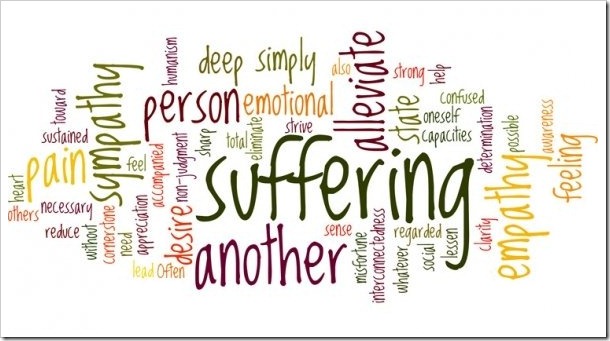
The most important tests
Life is full of tests because at every stage of our lives, we will have relationships with other people. It can be our families, our friends, colleagues, clients, people that provide us with a service or even people we meet for a short time whose name we may never know.
Some people are better at relationships than others. They are exceptional and get top marks in the tests that are their relationships. Yet it is hard to ‘pass’ every relationship test with flying colors. This is mainly because we are different people and we cannot always communicate on the same “wavelength” with those around us. Having experienced different lives, different desires and interest, makes us, well, human. As humans we are not clones of each other, so we sometimes clash.
Much the same as studying in school or at university, focus is the key to success in relationships. We cannot possibly study absolutely everything for every test. It is most effective to focus on the tests that are most important. The same is true for relationships.

When everything is working perfectly and everyone is happy and joyous, the relationship is not under any test. It is flowing and everyone is growing from it. If you want to do a bit of a stock take of your tests, try the next few assignments.
Assignment #1

Think of a relationship you have with someone in your life that you have grown very much from, in which you hardly had any tests/challenges. (Do not search for the 100% perfect relationship. This does not represent a compassionate relationship with yourself. I will elaborate later). These relationships are wonderful to recognize and record because they can teach us what kind of relationships we need to search for and what the formula is for making them very successful. This is the formula we need to keep using!
Assignment #2
Think of relationships in your life in which you had challenges in the past but no longer have any. (My younger sister and I had a challenge filled relationship up until I was 16 years old. One day, something happened between us that made us best friends. We did lots of things together, we both did a degree in special education, we had a business together, shared finance and in the last 30 years, we have only had one test and we pass it, big time). The challenges in these relationships are very important for us. We can learn from them that these ‘test’ are not forever. They are not endless. We can analyze them and find out what helped us eventually pass them.
Assignment # 3

Think of a relationship you are struggling with and have been struggling with for a while. Try to figure out what the cause of the struggle was. Yes, I know, the first instinct is to blame the other person, but blaming others does not leave any place for growth. What can you do in the future? Avoid people like that? Remember, avoidance is not empowering. Try to figure out what you could do to make the relationship better (help will come later in the series).
Relationships are tested when one person is experiencing a challenge, or worse, when both people have a challenge they need to sort out. The sorting out mechanism in every relationship will determine the depth of the relationship in the long-term.
Join me next chapter, when I talk about the difference between empathy, sympathy and compassion in relationships.
Until next time,
Be happy!
Ronit
This post is part of the series Compassionate Relationship:
- Compassionate Relationship: The Relationship Tests
- Compassionate Relationship: Empathy, Sympathy and Compassion
- Compassionate Relationship: Hidden Apathy
- Compassionate Relationship: Failed Sympathy











